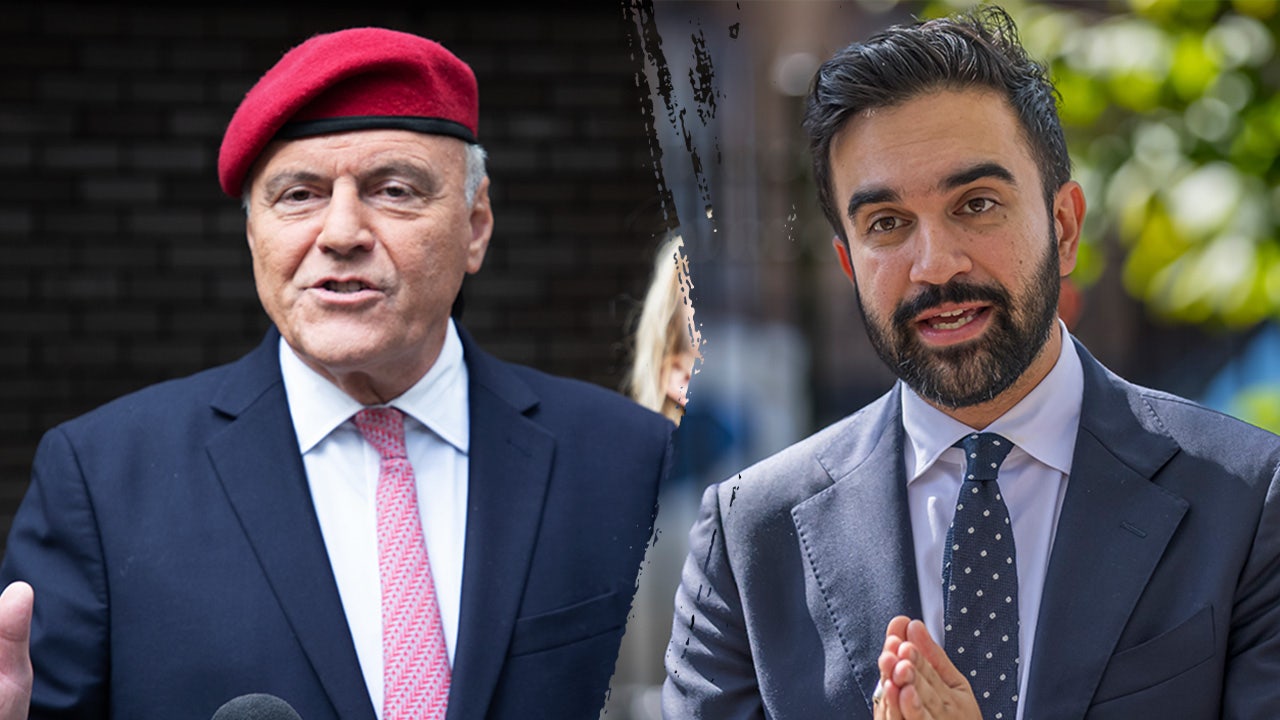President Trump is following through on his danger to enforce a 25% tariff on medium and durable trucks made beyond the U.S.
The order enforces a 25% tariff on truck parts and a 10% tariff on imported buses, such as city buses and school buses.
Mr. Trump signed the order aboard Flying force One en path to his Mar-a-Lago estate in Florida on Friday.
Senior administration authorities stated Mr. Trump wishes to incentivize the production of trucks, buses and parts in the U.S.
The arrangements consist of some exemptions for items that abide by the U.S.-Mexico-Canada Arrangement.
The order consists of a balanced out program, which lasts till 2030, that permits business to decrease their tariff direct exposure on parts if they put together the automobiles in the U.S.
Stocks for PACCAR, an American truck business with brand names such as Kenworth and Peterbilt, increased when Mr. Trump proposed the levy in September.
Nevertheless, the statement might have unfavorable ramifications for German truck makers such as Daimler Trucks and Traton. Those business decreased to comment to The Washington Times when the tariffs were at first drifted, stating it was early and they wished to absorb the real policy internally.
Tariffs are a responsibility on foreign items when they are brought into U.S. markets.
Critics of Mr. Trump’s tariffs state the expenses will be passed to customers, however the administration states Americans will take advantage of brand-new tasks and other financial advantages in the White Home program.
The truck tariffs originate from a nationwide security examination under an arrangement called Area 232.
Usage of Area 232 usually includes an examination by the Department of Commerce secretary into whether imports threaten or hinder nationwide security.
The secretary reports to the president within 270 days of starting the probe, and the president chooses whether to change import levels or tariffs.
Mr. Trump is depending on national-security reasons to tax a series of imported products, consisting of steel, aluminum, copper, lumber, upholstered furnishings, cooking area cabinets and heavy trucks.
Mr. Trump’s sector-specific tariffs are protected from a Supreme Court case that is threatening a different tranche of tariffs.
Blue states and import-reliant companies state Mr. Trump violated when he conjured up the International Emergency situation Economic Powers Act to enforce mutual tariffs on private countries and levies on Canada, Mexico and China over fentanyl trafficking.
The justices will hear oral arguments in the event on Nov. 5.
Source: The Washington Times.
























